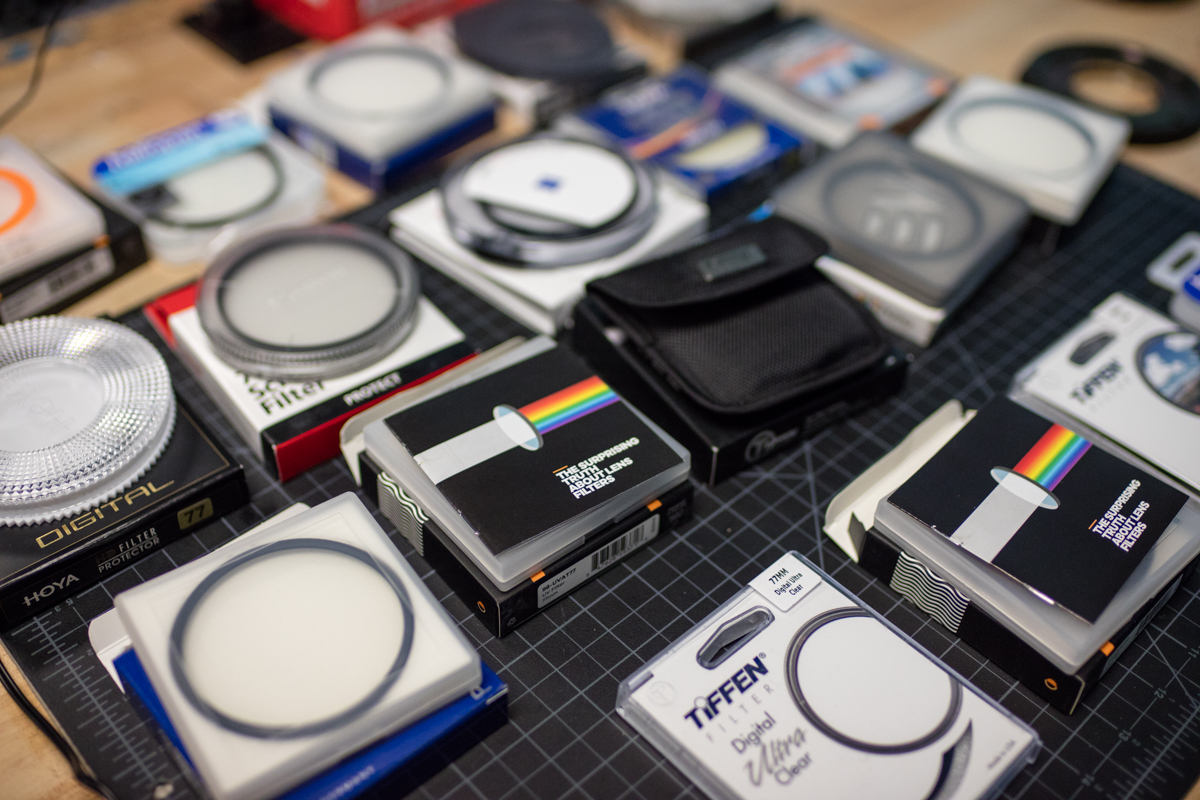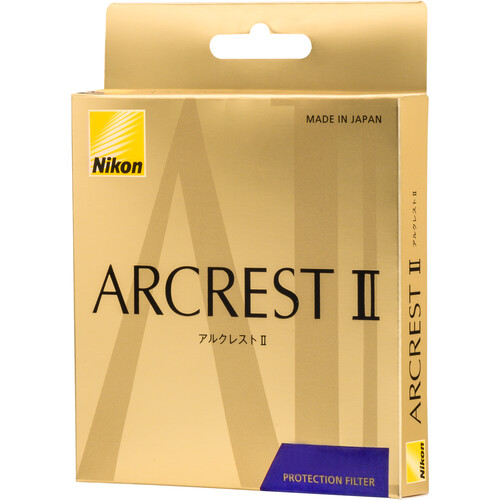I started asking in the 400/4.5 thread. But I really want to dive in in this again.
I’m referring to the expensive quality ones.
Pro’s
1. It protects the lens should the lens fall.
2. It protects from UV & Haze.
Con’s
1. Its might interfere with the lens design and front element coating.
2. May rob some equity.
What’s your opinion?
I have Nikon NC 77mm or 82mm filters on all my zoom lenses. I even have Polar Pro CP filters for them as well, and I bought the very expensive drop-in CP for my super-telephoto lens. Since I also live near the Pacific Ocean, and shoot around a lot of water, wind and dust/debris, I use Nikon UV/NC filters. They do unfortunately get sort of pitted out or cleaned one too many times so I sometimes replace them, but yes I absolutely use them on my expensive lenses. I also insure all of my gear, so these filters serve multiple purposes. They protect my front elements and according to Canon/CPS they are required for completing weather sealing. Now it is true Canon said this back before Flourine coating was on the front of most lenses.
However I still find UV filters invaluable, because I am a photojournalist and I shoot everything from surfing to wildfires. I’m often on the front line with the hot-shots or hand-crews of firefighters. I’ve been hit a few times by both water dropping helicopters and from Tanker aircraft dropping “Phos-Chek” the pink-red fire retardant! A few times filters have saved me or saved my front element and they always help keep value if you’re diligent about installing them on day-one! I always buy a new filter when I get a new lens! I do wish Nikon would update their NC filters to include Flourine coating, that’s one thing I do not like about them. PolarPro makes wonderful UV filters with very high quality glass and excellent transmission, and they have Flourine-type coating. It repels water, oils, scratches, eyc., etc.!
However the issue with them is their lip or metal edge sticks out just ever so slightly and prevents you from installing most lens hoods. I always, always use my lens hoods, even indoors, so that’s a no-go for me. In fact it bothers me that their other filters such as their ND/PL and CP filters stick out even further and prevent lens hoods from attaching. Anyways everyone has an opinion on this issue and some people don’t trust filters.
However I can promise you, if you buy quality, it will absolutely NOT have any negative effects on IQ. I used to buy Leica UVa filters, as they have 99.9% transmission and are made from extremely good quality glass. However their brass ring was or is, just a bit too thick for my liking. But if you want the very best, Leica’s UVa filters are the absolute best of the best! I’d say for the money Nikon NC filters are a great buy, good quality that won’t effect IQ, but be cautious where you buy them from. There are more counterfeit Nikon filters than there are genuine Nikon filters, so buy ONLY from an Nikon Authorized dealer! I personally get mine from Amazon usually. Just check it says Ships From Amazon, Sold by Amazon to make sure they are getting them directly from Nikon. Otherwise I just order them from Nikon/NPS. Usually when I replace rubber or take my gear for a clean and check, I’ll get new NC filters directly from Nikon. They are well aware that there are many Nikon counterfeit batteries and filters floating around. I’ve personally dealt with this issue twice, where I bought and received counterfeit Nikon batteries. Even B&H got caught selling counterfeit Nikon batteries and apparently they got said batteries from an authorized Nikon distributor.
Anyhow, I got two counterfeit EN-EL18c batteries in 2020. One from Amazon and one on eBay. Nikon was surprised that counterfeits were being made even for the high end D5/D6 flagships. But I was able to send them images and details on the differences I had found between the Chinese counterfeit’s and the real deal copy I got from Nikon. Apparently Nikon has had lots of issues with counterfeit EN-EL15 type batteries, but now even the higher end batteries are being counterfeited. Which is definitely not cool, you don’t want a cheap Chinese knock-off in your D6 or Z9! So always buy Nikon filters and Nikon batteries directly from Nikon or your local Authorized Nikon dealer. Check this by asking Nikon or searching their website for dealer locator. I’ve been in a store that sold new Nikon gear, however was NOT an authorized dealer. The owner was getting the gear from a third party or something, but he wasn’t a dealer. Long story short, yes I highly recommend protective filters. I also highly recommend circular polarizer filters, as they cut down on reflections, which you can’t just “do in post!”




